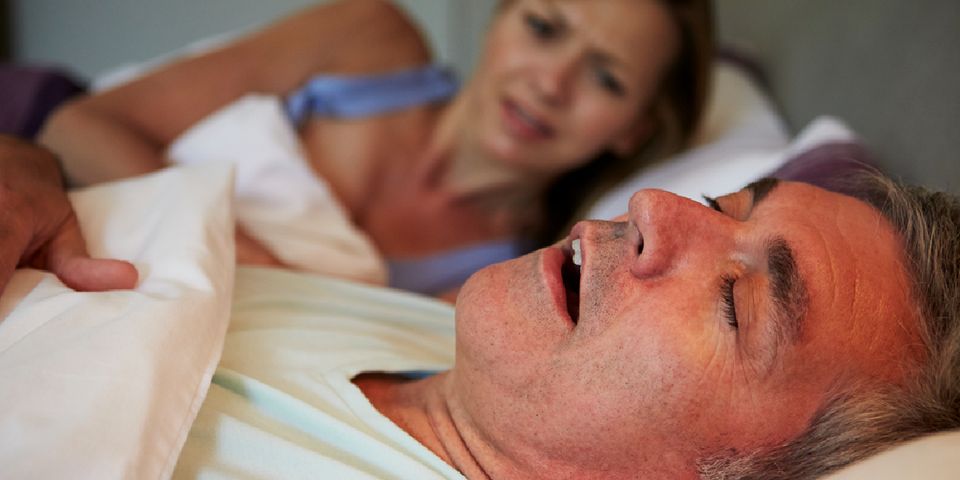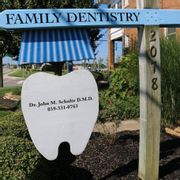4 FAQ About Sleep Apnea

Getting a good night's rest is crucial to a healthy lifestyle. However, if you suffer from sleep apnea, your breathing starts and stops throughout the night, preventing you from getting enough sleep. If it's left untreated, this common sleep disorder can lead to serious health issues. Fortunately, dentists can treat sleep apnea and help you get the rest you need. Here's what you need to know.
A Guide to Sleep Apnea
What is sleep apnea?
Obstructive sleep apnea occurs when the muscles in the back of the throat relax during sleep. These muscles support the tongue, uvula, and upper palate. When they become relaxed, they block the airway, depriving the bloodstream of oxygen. When the brain senses that you have stopped breathing, it wakes you up just long enough to reopen your airway. This cycle can repeat between five and 30 times an hour throughout the night, greatly reducing your quality of sleep.
Who is at risk of sleep apnea?
While it is most common among middle-aged men, anyone can develop obstructive sleep apnea. In children, it is typically the result of large tonsils or adenoids. Risk factors for developing the disorder as an adult include excessive weight, high blood pressure, smoking, chronic nasal congestion, or a family history of sleep apnea.
Is sleep apnea dangerous?
Lack of restorative sleep leads to chronic fatigue. This can impact your daily life, causing mood swings, irritability, and changes in behavior. Fatigue also lowers your productivity and ability to concentrate and increases the risk of accidents and injury. Sleep apnea impacts your oral health, as it could cause you to grind your teeth, which may lead to gum disease and tooth decay. The sudden drop in blood-oxygen levels during the night can increase blood pressure. This can strain the cardiovascular system, increasing your risk of heart disease or stroke.
How do I know if I have sleep apnea?

A dentist will look for signs of sleep apnea, including teeth worn from grinding. He will also check for throat and tongue abnormalities caused by heavy snoring. If they suspect you suffer from sleep apnea, they may refer you to a sleep study center for diagnosis.
What are the treatments for sleep apnea?
A continuous positive airway pressure (CPAP) machine is the most effective treatment for moderate to severe sleep apnea. It delivers air through a mask while you sleep at a pressure that keeps your airway open and prevents snoring or apnea. For patients who cannot use CPAP machines, dentists may recommend oral devices that adjust the jaw or hold the tongue in a way that reduces airway constriction.
John M. Schulte, DMD, in Ft. Mitchell, KY, knows that good oral health is more than just a pretty smile. Good dental care affects all aspects of a healthy lifestyle, including your sleep. This dentist's office serves patients of all ages, whether they need dental exams and cavity treatment or dentures. Call (859) 331-0763 to schedule an appointment, or visit the website to learn more.
About the Business
Have a question? Ask the experts!
Send your question

